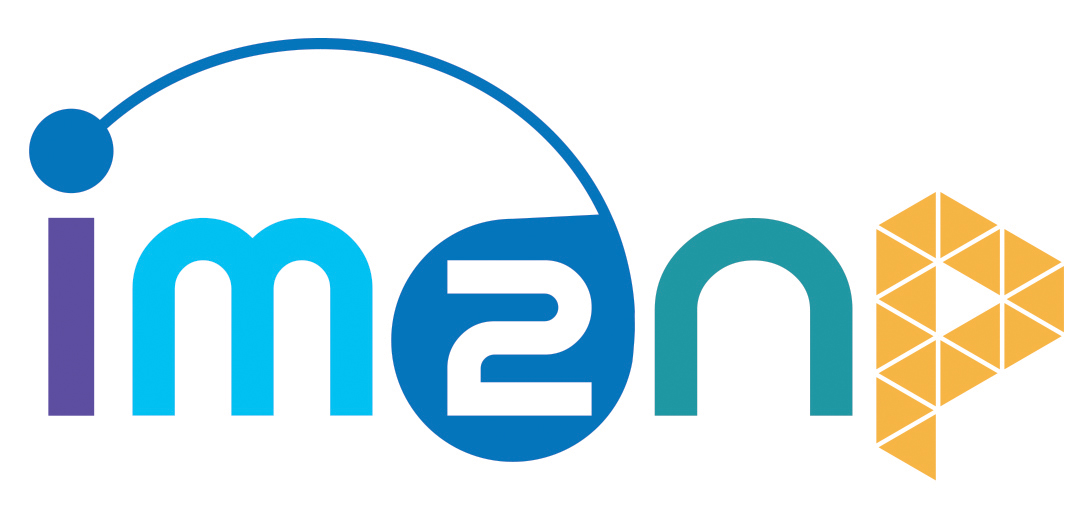Soutenance de thèse - 06/01/22 - Vikas JANGID - Rectenna Device on Coupling of Plasmonic Nano-antennas and Molecular Diodes to Convert Light into Electricity
Avis de soutenance de thèse
Vikas JANGID
soutiendra publiquement ses travaux de thèse intitulés:
Rectenna Device on Coupling of Plasmonic Nano-antennas and Molecular Diodes to Convert Light into Electricity
le jeudi 6 janvier 2022 à 14h00
Suite au dernières directives de l'AMU, voici les moyens de connexion pour suivre ma soutenance de thèse en visioconférence
Participer à la réunion Zoom:
https://univ-amu-fr.zoom.us/j/95630128013?pwd=NTdGb3g2UUxubldhU0hleXcreTNDQT09
ID de réunion: 956 3012 8013
Code secret: T4mcPL
Résumé:
Massive use of fossil fuel is causing climate change and global warming at an alarming rate. The development of alternative and renewable energy resources is an urgent need of the hour. Efficient photovoltaic devices are of high interest since the amount of energy received from the Sun at the earth surface in two hours is more than the total energy that humanity can consume in one year. However, the current photovoltaic light conversion devices depend upon the semiconductor band gap and hence limiting the efficiency. This thesis work focuses on development of a third generation solar cell device which exploits the wave nature of light surpassing the Schockley-Queisser limit. The device is called rectenna (rectifying antenna) and composed of coupling of plasmonic nano-antennas and molecular diodes. The working principle of the device is as follows: absorbing incident light by silver nanocubes as antennas (on top), channeling the electronic flow of charges by ferrocene based molecular rectifiers (in between) and ultra-smooth gold substrate (at the bottom) to make Ag-SAM-Au assembly. Silver nano-cubes functionalized with dithiol rectifying molecules are self-assembled onto a gold film. When illuminated, such a rectenna architecture allows the coupling of a strongly confined plasmon cavity mode between silver nano-cubes and the gold plane. The plasmonic coupling results in an electromagnetic field intensity enhancement up to four orders of magnitude within the cavity, exactly where the rectifying molecules are localized. Then the rectification ratio is enhanced. This approach enables one to systematically tune two critical parameters: (1) the anisotropic metal nano-cube shape and size, controlling the wavelength coupling and (2) the distance between nano-cubes and the gold surface, which allows field enhancement to be tuned. The study is mainly focused on self-assembly of homemade ferrocene-alkane-di-thiolate molecules through control over orientation and order with high molecular density. The electronic and supramolecular structure of the molecules is extensively studied. Along with synthesis of monodispersed silver nanocubes (30-70 nm) and fabrication of ultra-smooth gold substrate with roughness < 3Å, the Ag-SAM-Au self-assembly is optimized with electrical and optical characteristics for the application of light to electricity conversion.
Composition du jury:
Guillaume WANTZ, Université de Bordeaux, France - Rapporteur
Frédéric MAILLARD, Université Grenoble Alpes, France - Rapporteur
Elisabeth LOJOU, Aix Marseille Université, France - Examinatrice
Yvonne SOLDO, Institut NEEL CNRS, France - Examinatrice
Christian A. NIJHUIS, University of Twente, The Netherlands - Examinateur invité
Gérard BERGINC, Thales LAS OME, France - Examinateur invité
Chrystelle LEBOUIN, Aix Marseille Université, France - Co-encadrante de Thèse
Ludovic ESCOUBAS, Aix Marseille Université, France - Director de Thèse

